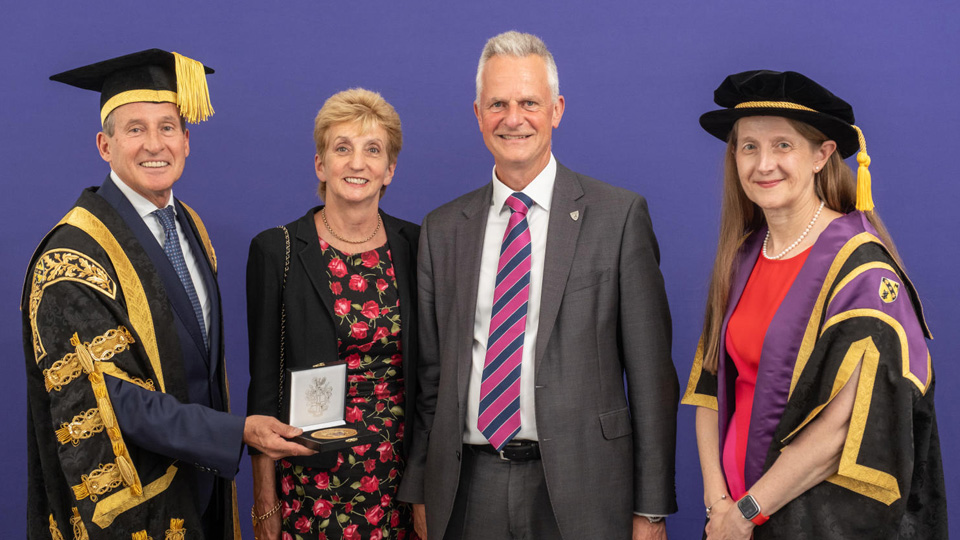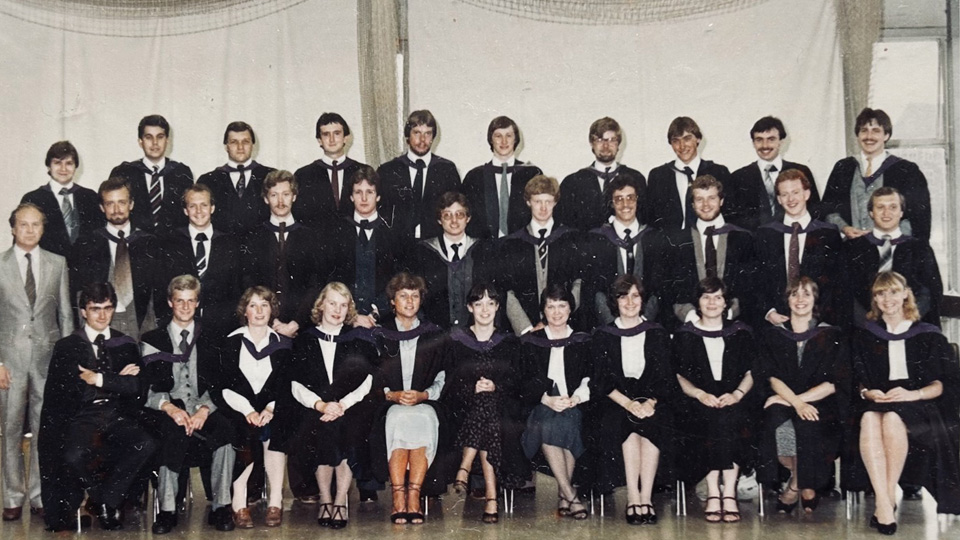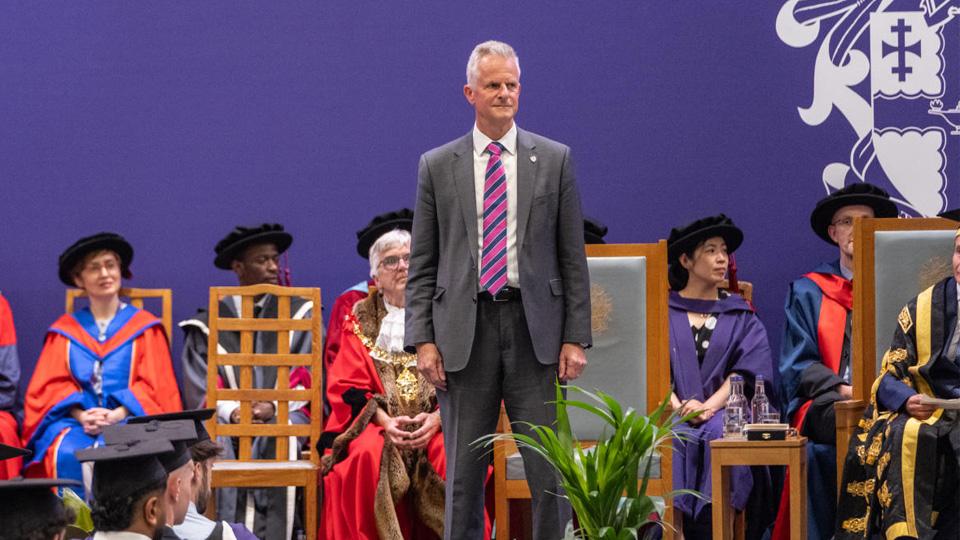Mark began his career aged 18 at Midland Bank (now HSBC). Across a period of 23 years, he subsequently took on the role of Chief Executive Officer at three specialist lending banks - Sun Bank Plc, Heritable Bank Plc, and Hampshire Trust Bank Plc. In 2018 he commenced a portfolio career as a non-executive director and has served on many boards in this capacity.
Today, Mark continues to shape the future of financial services as Chair of Zempler Bank (formerly Cashplus). He has recently fulfilled appointments as Chair of GB Bank, Senior Independent Director at PCF Bank, and Chair of Swedish finance group, yourCom. Mark has spent many years serving on the board of industry trade bodies such as the British Banking Association and UK Finance, alongside a variety of roles in his local community.
His dedication to supporting Loughborough University has seen him occupy roles including President of the Alumni Association, Chair of the Audit Committee and Chair of Loughborough Business School’s Strategic Advisory Board.
We spoke to Mark about his time studying at Loughborough University, career in banking, and his motivation for continuing to support Loughborough Business School.
What drove you to choose Loughborough University as a place to study?
“I first came to Loughborough many years ago to study Banking and Finance. I was sponsored by Midland Bank and enrolled in what was then an "open sandwich course", a structure that involved a year in industry before beginning university. That year gave me a real-world foundation and even allowed me to show up to campus with a car, which was a bit of a luxury at the time!
“Though I wasn’t particularly academically focused going into my degree, I found that I really enjoyed the research aspects of my course. That interest led me to stay on and complete an MPhil after my undergraduate degree. Three of us from my year chose that route, and it provided even more opportunities to work closely with Midland Bank and broaden my exposure to industry practice.
“Loughborough was, and remains, a special place for me. I have so many great memories from my time there, both from my course and the activities I got involved in. I played cricket for the university and even served as club captain in my final year. What I love about Loughborough is that while there is a competitive mindset for sport, it’s also incredibly inclusive and accessible for all ability levels. That sense of a welcoming community is something that defined my entire university experience.”


